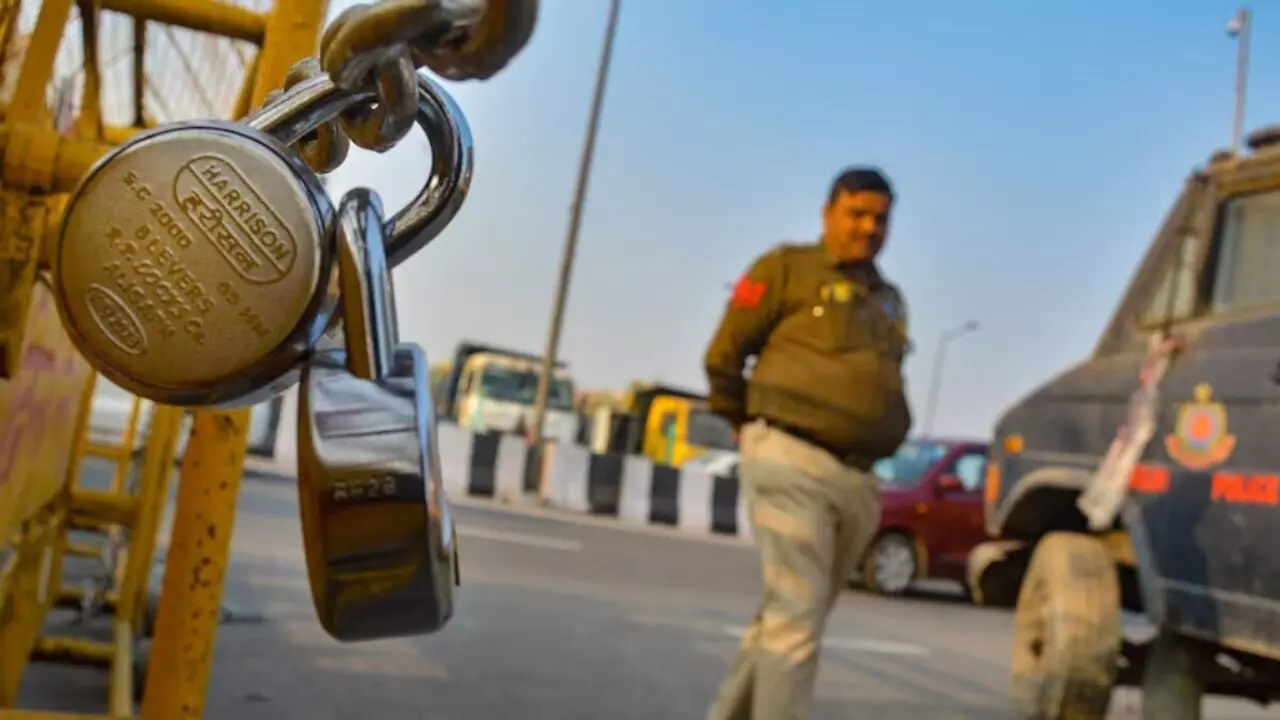Yet again, a group of ideologically fossilized trade unions has brought the idea of a Bharat Bandh to the table—this time opposing the so-called “anti-worker, anti-farmer, and anti-national pro-corporate” policies of the Union government. The call is both outdated and counterproductive, if not outright irresponsible. In a time when the Indian economy is regaining its footing and aiming to scale global heights, such political stunts serve no one, least of all the working class. Let’s be clear: today’s bandh is not a spontaneous outpouring of labour angst. It’s a scripted drama staged by a clutch of trade unions dominated by Left outfits such as AITUC (CPI), CITU (CPI-M), and their ideological cousin, INTUC (Congress), along with fringe affiliates like TUCC, SEWA, AICCTU, LPF, and UTUC. That the BJP-affiliated Bharatiya Mazdoor Sangh has reportedly expressed support only shows how deeply out of touch even some parts of the ruling ecosystem are with the rapidly evolving economic and labour landscape of India. These unions claim that over 25 crore workers and farmers will participate. That’s a boast, not a fact. And even if partially true, it only reflects the sway of misinformation and emotional rhetoric peddled in the name of worker rights. The demands? A 17-point charter submitted last year includes opposition to the four labour codes, rising unemployment, privatisation, inflation, weakening of unions, and supposedly falling wages. They accuse the government of not holding a National Labour Conference for 10 years and imposing “pro-corporate” policies in the name of ease of doing business. To the uninitiated, this may sound alarming. But a deeper look exposes the absurdity. The labour codes, for example, are a rational consolidation of 29 outdated laws into 4 streamlined codes—aimed at ensuring better compliance, wider coverage, and more formalisation of the workforce. They promise minimum wages, social security for gig workers, and smoother resolution of disputes. These are structural reforms long demanded by economists and industry experts alike. But for unions stuck in a 1970s time warp, any change is betrayal. Yes, there are legitimate concerns about implementation and communication. The Modi government could have done better in engaging stakeholders and clarifying the intent and safeguards built into these reforms. But stonewalling reforms through bandhs and strikes isn’t dialogue—it’s economic sabotage.

India is no longer a state-led economy. Modi made it clear in 2014: the government has no business being in business. That shift away from loss-making public sector units is not just ideological—it’s economic necessity. For decades, PSUs were turned into political piggy banks and union-controlled fortresses. Productivity plummeted, inefficiency soared, and taxpayers paid the price. Privatisation, outsourcing, contractual employment—these are not dirty words. They are hard realities of a globally competitive economy. If India wants to be the next manufacturing hub, it needs flexible labour laws, ease of doing business, and a workforce that is skilled and empowered, not perpetually striking. The hypocrisy of these unions is glaring. When was the last time they protested the virtual burial of trade unionism in China or Russia, countries they once romanticised? In those regimes, independent labour organising is illegal, dissent is crushed, and strikes are deemed anti-national. Yet, they see no contradiction in preaching Marx from the comfort of Indian democracy while accusing the government of “undermining democratic rights.” Worse still, they have bizarrely linked the Bihar electoral roll revision to labour suppression. This is not activism—it’s paranoia laced with political venom. The Congress and its Leftist allies, having lost public trust, are now hijacking labour issues to manufacture relevance. Let’s not forget, similar bandhs were attempted on November 26, 2020; March 28-29, 2022; and February 16, 2023. All of them fizzled out. The economy remained unshaken, largely because the people are tired of these performative protests. They know real change comes from dialogue, skilling, entrepreneurship, and investment, not from roadblocks and sloganeering. If the trade unions were truly concerned about labour welfare, they would focus on retraining workers, adapting to the gig economy, and ensuring better employer accountability through institutional mechanisms, not by clinging to obsolete frameworks and glorifying shutdowns. India cannot afford to be held hostage by the ghosts of a bygone era. We must move forward, not back. And if the unions refuse to adapt, they risk making themselves irrelevant—not just to the government, but to the very workers they claim to represent.





